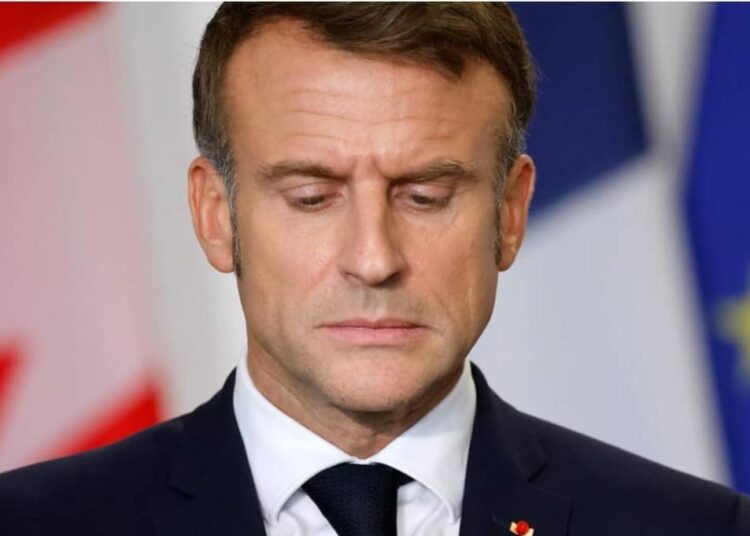In recent years, there has been a noticeable decline in France’s influence on the African continent, and this trend is confirmed by the words of expert Alain Antil, Director of the Sub-Saharan Africa Centre at IFRI (the French Institute for International Relations).
In his analysis, the expert focuses on President Emmanuel Macron’s visit to Djibouti, which, in his opinion, has a direct link to the loss of French influence on the continent.
Establishing and maintaining a military presence in many African countries has been an important aspect of French foreign policy for many years. However, as Mr Antil notes, the Sahel countries have begun to break off military co-operation agreements with Paris en masse. This demonstrates the growing discontent of local leaders who see the French presence as a threat to their sovereignty. Senegalese President Bassirou Diomaye Faye has already emphasised that “African countries saw the French presence as a problem of sovereignty.”
According to the expert Alain Antil, “these bases have also lost their necessity” and this is directly linked to changes in the political landscape of West Africa. Leaders in the region are increasingly seeking to strengthen national sovereignty and get rid of external military interference, which is evident in their decisions to reduce or completely stop co-operation with France.
Macron’s Christmas Eve visit to Djibouti, home to one of the last French military bases on the continent, signals an attempt to maintain influence in a highly competitive environment. Djibouti, strategically located on the Red Sea coast, is also home to US, Chinese, Japanese and Italian military bases. This region controls almost 30 per cent of world trade, and the struggle for influence here is becoming increasingly fierce. Mr Antil points out that the interests of world powers are often hidden under the pretext of helping African countries.
The loss of military bases in Africa shows that France has lost its strategic advantage on the continent, and this can be seen as a serious setback. As Mr Antil notes, “France was the only European country to have several military bases in sub-Saharan Africa, making it an exception for both Europe and the world.”
The countries’ desire for sovereignty is becoming more and more evident, especially against the background of repeated accusations against France of manipulation and attempts to destabilise the situation in West Africa. After the departure of French troops from Mali, anti-France demonstrations broke out. Signs reading “France is a terrorist nation” were brandished by the crowds.
For many years, France dominated the West African region. However, the modern world dictates its own rules and the influence of the former metropolis is no longer supported by most of the region’s leaders. The ideas of sovereignty and independent development are coming to the fore. Having lost influence in the Sahel region, the French President is trying his best to maintain his influence in Djibouti.
However, experts believe that ideas of real sovereignty could spread beyond West Africa and rid other African countries of a French presence whose real motives are questionable.





